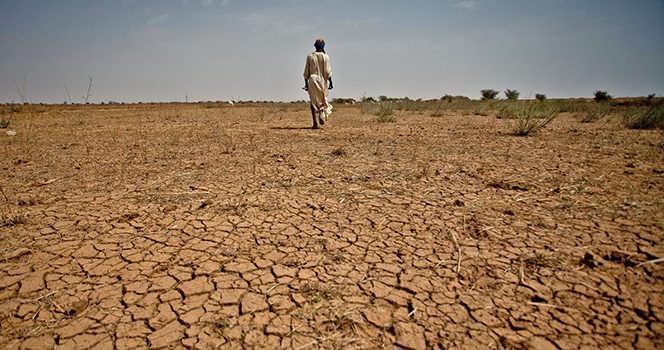Five million trees in five years. This is the goal of the Campaign promoted by the Bishops’ Conference of Nigeria to combat climate change, but also to reduce conflicts between populations of shepherds and farmers
A “Green Revolution Campaign”, or a Green Revolution Campaign. It is the one promoted by the Nigerian Bishops’ Conference (CBCN) with the aim of planting more than five million trees in just five years. This is a large and significant project, also accompanied by an awareness campaign, aimed at better understanding and better combating the climate crisis which is devastatingly affecting the entire Sahel region, affected by a water crisis and the advancement of the desert, but also increasingly devastating extreme climatic events, such as the very serious floods that last year caused hundreds of deaths and thousands of displaced people in Nigeria (but not only).
The director general of the National Agency for the Great Green Wall (NAGGW) also showed strong support for the proposal of the Green Revolution Campaign, believing that the project it could improve the lives of over 40 million people. He then encouraged “other religious institutions across the country to emulate the action, to ensure a favorable environment and to inculcate a culture of sustainable environmental management”. The Green Revolution Campaign, supported by Caritas Nigeria, could therefore represent a very important step for the recovery of ecological projects aimed at combating global warming. Monsignor Lucius Ugorji, president of the CBCN, said they will be over 50 Nigerian dioceses will join the project who will plant at least 20,000 trees every year.
Even if indirectly, this would take a big step forward for the Great Green Wall project itself which, promoted in 2005 to curb the advance of the desert in the Sahel, is progressing very slowly. Despite the goal of completing it was set for 2030, to date only a small part of the Green Wall saw its actual construction. This is due not so much – or not only – to the lack of funds and their not always appropriate use, but also to the fact that the entire Sahel region is affected by political instability and the presence of terrorist groups.
This is an issue that also closely concerns Nigeria, not only due to the presence (albeit weakened) of Boko Haram and other jihadist groups, but also due to the intercommunal violence concerning the populations of shepherds and farmers who compete for water and pastures/fields, also with ethnic-religious connotations. This has been happening for several years now especially in the so-called “Middle Belt”, the central region of Nigeria, where Fulani shepherds from the North with their herds clash with local farmers, causing hundreds of deaths and many displaced. According to Father Uchechukwu Obodoechina, executive director of Caritas Nigeria, the reforestation project of the Bishops’ Conference could help resolve or limit these conflicts and reconcile a large area of the country.
In presenting the Campaign, Bishop Ugorji also raised the issue related to waste management, a crucial challenge for Nigeria as well as for many other African countries. In particular, the presence of tons of plastic materials dispersed in the environment, is creating very serious pollution and also putting many animal species at risk. For this too, a Green Revolution would be really needed!
